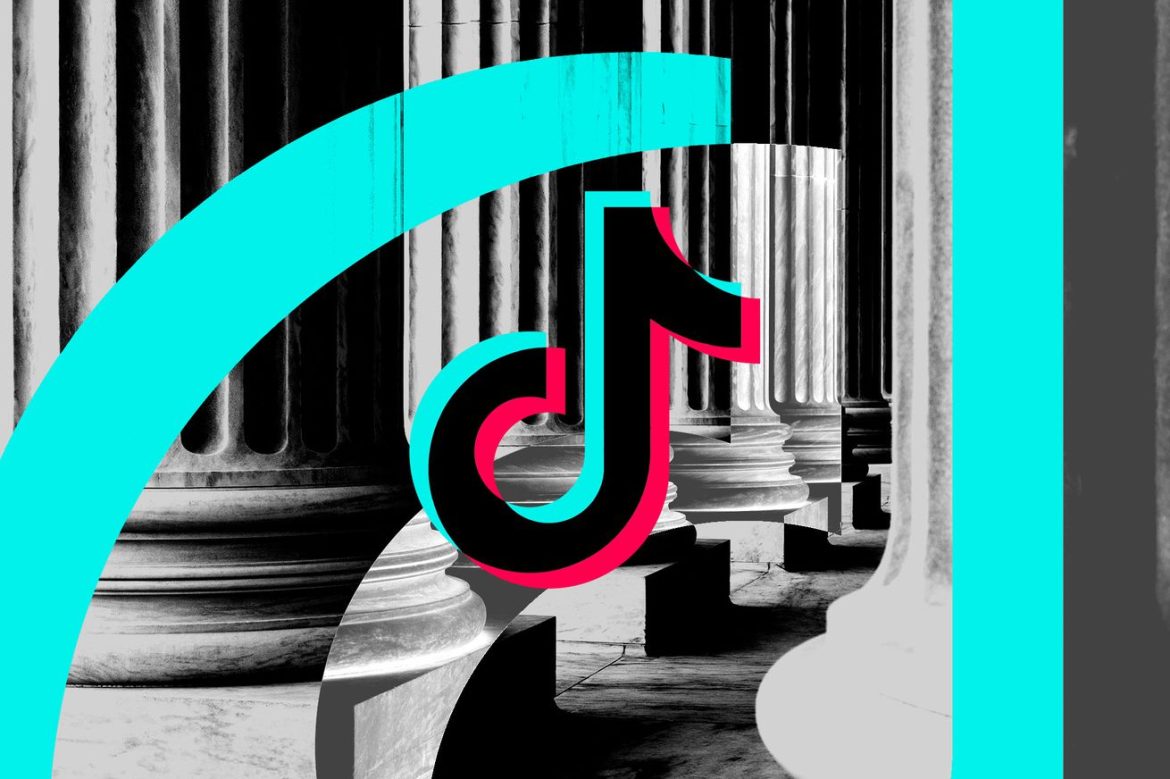
The Supreme Court ruled that the law that could oust TikTok from the US unless Chinese parent company ByteDance sells it is constitutional as applied to the company.
“There is no doubt that, for more than 170 million Americans, TikTok offers a distinctive and expansive outlet for expression, means of engagement, and source of community,” the court wrote in a per curiam ruling, which is not attributed to any particular justice. “But Congress has determined that divestiture is necessary to address its well-supported national security concerns regarding TikTok’s data collection practices and relationship with a foreign adversary.”
The ruling means that TikTok is still on track to be banned in the US on January 19th, unless President Joe Biden extends the deadline or ByteDance manages to sell the company in time. The Biden administration now appears poised to hold off on enforcement and leave it to the next administration, once Trump is sworn in on Monday — though even that promise might not be enough to overcome the risk service providers like Apple, Google, and Oracle could face if they choose not to comply with the law by continuing to service TikTok once the ban technically takes effect.
President-elect Donald Trump has said he’d try to save the app, though it’s not clear how — and he won’t be sworn into office until a day after the sale deadline. The app won’t just disappear from users’ phones, but TikTok has reportedly planned to go beyond the law’s requirements and go dark should the ban be upheld.
The justices caution that their ruling should be “understood to be narrowly focused” given that the case involves “new technologies with transformative capabilities.” They emphasized that even though it’s common for companies to collect data, “TikTok’s scale and susceptibility to foreign adversary control, together with the vast swaths of sensitive data the platform collects, justify differential treatment to address the Government’s national security concerns. A law targeting any other speaker would by necessity entail a distinct inquiry and separate considerations.”
The justices found that the law as applied to TikTok is “content neutral” and “justified by a content neutral rationale,” citing the government’s concern over the alleged potential for China to collect vast amounts of data on Americans through the app. They found that the law does not need to satisfy the highest possible form of First Amendment scrutiny, and that as applied to TikTok, it does satisfy intermediate scrutiny because the law furthers “an important Government interest unrelated to the suppression of free expression” and doesn’t burden much more speech than necessary to accomplish that.
There are some buyers waiting in the wings for this ruling, hoping it will change ByteDance’s calculus on a sale. Billionaire Frank McCourt’s Project Liberty, for example, wants to buy the app without the algorithm to run on its own social network protocol. But it’s still not clear if China would allow a sale, even without the coveted algorithm — perhaps betting that the US will eventually relent or that it can continue to thrive in other countries around the world. Still, reports this week indicate that might be starting to change, as unnamed sources told several outlets that Chinese officials were mulling the idea of getting billionaire Elon Musk to either act as a buyer or broker of a potential deal.
The case pitted free expression and national security concerns against one another. The justices heard oral arguments in the case last Friday, where lawyers for TikTok and a group of creators on the platform described why they believe the law would violate the First Amendment. The US government defended the law, which was passed overwhelmingly by Congress and signed by Biden, as important to national security.
This story is developing.

